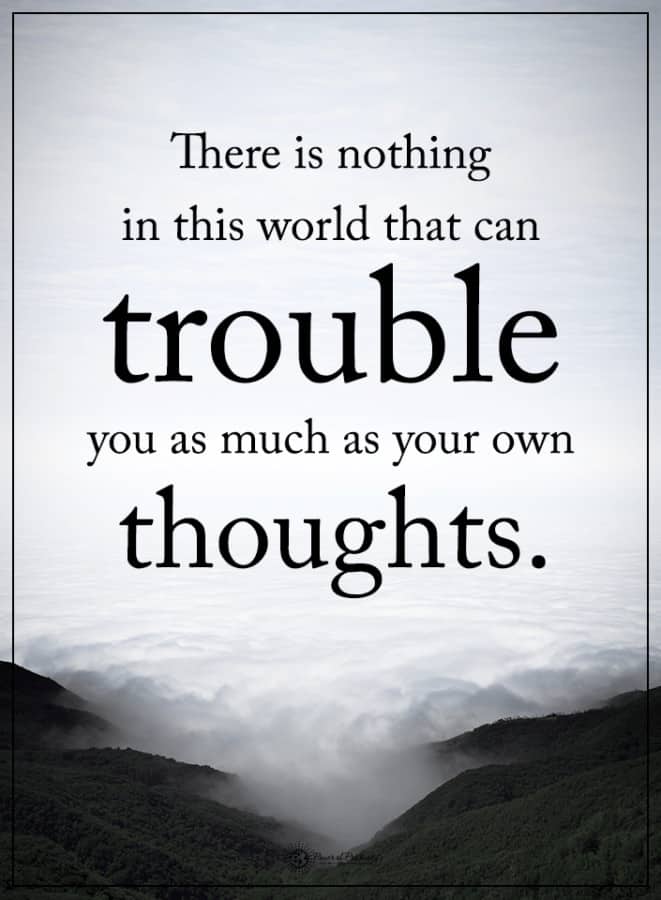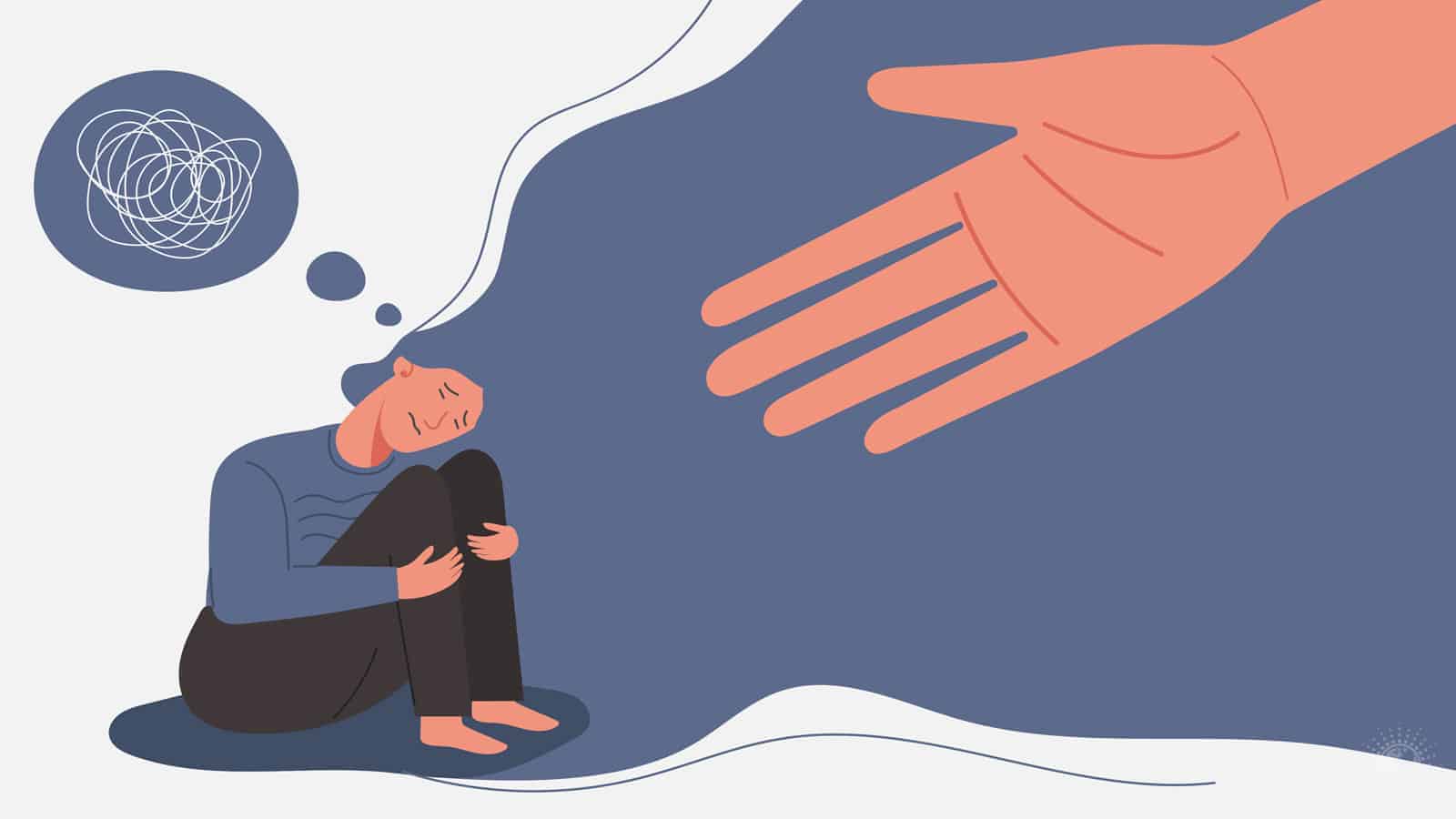Stress is a common factor in the lives of many people around the globe. In small doses, it can be managed, but when it becomes overwhelming, it can begin to affect your everyday life severely. This kind of unchecked stress can lead to anxiety, depression, decreased efficiency and performance, and similar issues. It’s up to you to stop stress.
But how?
Thankfully, you don’t have to panic if you don’t know how to manage stress. Given how prevalent the issue is, science and medicine have uncovered numerous different ways to get that negative experience under control. Here’s how psychologists reveal eight practical ways to stop stress.
1. Use Water to Stop Stress in Its Tracks
Water is essential for many bodily functions, and it’s something you shouldn’t discount when you’re considering ways to relieve stress. Here’s how to use water to release tension and relax:
· Stay Hydrated
Before you even experience thirstiness, you can become mildly dehydrated. A lack of hydration, even when not severe, can already start to impact your brain power and also your positive thinking. According to The Mindful Living Network and The stress Institute CEO and founder Kathleen Hall, Ph.D., you should be aiming to drink at least eight glasses of water a day (around 64 ounces). You can also try to get your needed liquids from drinks like herbal, tea, and seltzer.
· Gargle With Water
The process of gargling helps to stimulate a nerve in the body called the vagus nerve. That nerve is responsible for triggering a relaxation response in the body. According to the American Institute of Stress executive director Heidi Hanna, Ph.D., when you are under a state of constant stress, the stress response takes over, leaving the vagus nerve underused and less capable of relaxing you later. When you rinse, you exercise the nerve, allowing its effects to take hold.
· Soak Your Face
Dunking yourself in cold water is a common skill used in types of therapy, such as dialectical behavior therapy, according to Hanna. Covering your face above your mouth and around your cheekbones activates a reflex in the body called the dive reflex. When the submerged areas drop in temperature from the cold water, the body’s natural relaxation response is triggered, allowing for a drop in heart rate. If you don’t want to get your whole face wet, you can also use a cold pack.
2. Better Manage Daily Tasks
Daily tasks can become quite stressful if they aren’t well-managed. Since they’re things you’d do without fail, that stress can build up very quickly and harm you. Here are some ways to better manage daily tasks:
· Reassess Your To-Do Lists
Take a look at your to-do list (and if you don’t have a physical inventory, write one out now). Are you attempting to squeeze too much into too short an amount of time? Are you leaving room for self-care and relaxation? How are you managing your tasks? It may be time to let go of some of them or delegate them to someone else.
· Don’t Procrastinate
When you leave everything to the last minute, you add countless stressors and issues to your everyday schedule. If you’re able to keep a proud position atop your priorities, you’ll feel much better. If you don’t, studies suggest you’ll suffer adverse effects, such as decreased sleep quality, stress, and more. Plus, you’ll turn in lower quality work at the end of the day, which will add even more to that stress.
· Cut Out The Most Stressful Tasks
If your to-do list is full to bursting, consider which ones cause you the most grief and get rid of them. Of course, we’re not suggesting that you quit work that is essential – simply consider delegating unavoidable tasks or requesting assistance with them. For non-important jobs, it can be a good idea to cut them out entirely, instead.
3. Exercise to Stop Stress
Exercise can provide substantial positive benefits to stress relief. Regular exercise has explicitly been linked to lower the experience of anxiety and its symptoms overall. This is because exercise does great things for the mind, too – not just the body. But why, exactly, does exercise help with stress? Here are some reasons:
- When you exercise, the stress hormones in the body are reduced while feel-good endorphins are released. This replaces the stress with a more positive mood.
- Certain repetitive muscle movements, such as those performed when exercising, can produce calming effects on the body.
- Exercise can help improve the quality of sleep, allowing for a more restorative night. This can reduce stress the following day.
- Hall recommends alternating between or mixing in one a number of different kinds of exercises. Possible exercises include:
- Flexibility training
- Strength training
- Stretching
- Agility training
Even just going for a short walk for about 15 minutes can help bring down stress, according to research. So if you’re in the office and need a break, go for a stroll during your lunch hour and enjoy the benefits.
4. Cuddle
Acts involving physical touch – if you’re comfortable with them – can be very relieving. Hugging, kissing, cuddling, and engaging in intimacy can all reduce stress levels and make you feel more positive.
According to Elizabeth Scott, MS, hugging a loved one releases something called oxytocin, which is a positive hormone commonly referred to as the “cuddle hormone.” It’s great for improving mood, reducing blood pressure, and bringing down stress hormone levels while triggering relaxation.
5. Practice Mindfulness
Mindfulness can be defined as the process of grounding yourself to the current present. It is essentially the act of anchoring yourself to a moment, allowing you to feel more relaxed and calm instead of floating away in your worries. Studies have found that mindfulness can fight anxiety symptoms and improve positive thinking. It can boost self-esteem, too.
There are many, many ways to practice mindfulness. Following guided mindfulness meditation videos, attending mindfulness-based cognitive therapy, meditating, and even practicing yoga can all help. Newton, Massachusetts Behavioral Health and Wellness Center owner and clinical psychologist Sari Chait, Ph.D., recommends a grounding exercise known as the 5-4-3-2-1 exercise. To do it, you simply:
- Look around you and name five things that you can see.
- Touch around you and name four things that you can feel.
- Listen around you and name three things that you can hear.
- Sniff around you and name two things that you can smell.
- Finally, name one thing that you can taste – even if it means eating or drinking something.
6. Use Aromatherapy to Stop Stress
Aromatherapy has plenty of benefits. Though it sounds fancy, it just refers to the act of calming yourself with scents. According to Scott, aromatherapy can help you to feel more grounded, have higher energy levels, feel more relaxed, decrease stress hormones, improve sleep, and even reduce symptoms of anxiety in favor of a more positive mood.
You can use anything to get your good-scent kick, whether it be through body products, candles, or diffusers.
Some scents are especially soothing. Here are some of the most calming scents:
- Bergamot
- Frankincense
- Geranium
- Lavender
- Neroli
- Orange
- Orange blossom
- Roman chamomile
- Rose
- Sandalwood
- Vetiver
- Ylang ylang
7. Laugh
Laughter is a great way to get rid of stress, says PVD Psychological Associates founder and licensed psychologist Nicole Issa, PsyD. Research has found that those who experience more laughter can receive much more stress relief than individuals who are distracted from their troubles in other ways.
According to Issa, laughter helps the body relax in many different ways:
- Relieving muscle tension
- Reducing stress response
- Boosting mood
- Bolstering the immune system
Have trouble laughing? Smile instead for the time being and work your way up to it. Even if you have to fake it till you make it, it’s still an effective technique. The brain doesn’t recognize the difference between people genuinely smiling with positive intent, and those faking a smile, so it releases the same stress-relieving components regardless.
8. Try A Supplement
If your stress reaches frequencies or levels that are difficult to manage, you can opt to try some supplements that may help you out. Here are some scientifically proven options:
· Omega-3 Fatty Acids
These nutrients are essential for everyday health, but they also have positive effects on anxiety. Research shows that these consuming supplements of this kind can reduce symptoms of anxiety by 20%!
· Green Tea
Green tea’s scent is already pretty calming, but its antioxidants provide both benefits to overall health and an increase in positive hormones like serotonin. Combined, this can lower levels of anxiety, according to studies.
· Valerian
Valerian root is well-known for its relaxing effects, making it a commonly used sleep aid. This is due to valerenic acid, one of its components, which is known to change GABA receptor activity to reduce anxiety.
· Ashwagandha
This herb is a staple in Ayurvedic medicine as a treatment for symptoms of anxiety and stress – and there are plenty of studies that agree to its benefits!
· Lemon Balm
Contrary to its name, lemon balm isn’t actually from a lemon tree, fruit, or plant. It’s a part of the family of mint, and lots of research shows that it can combat anxiety and stop stress.
· Kava Kava
This plant is a pepper and has psychoactive effects. For decades, the South Pacific has used it as a sedative. In the right doses, it can boost positive thinking; it’s now being applied to America and Europe as a treatment for mild anxiety and stress symptoms.
Do note that you should speak with a doctor before trying any supplements and that you should ask for your doctor’s recommendation for chronic stress relief before opting for self-prescribed supplementation. Keep in mind that many supplements will have side effects and educate yourself on them beforehand!
Final Thoughts On Some Effective Ways To Stop Stress
Stress can be annoying and frustrating to deal with, but it’s a part of life. The best that you can do is try to manage it positively by taking the advice of these psychologists on the most effective ways to stop stress.
If you are struggling severely with chronic levels of stress or the stress impedes your ability to complete daily tasks, speak to a mental health professional, doctor, or similar worker in the field to find solutions. You don’t have to live under that kind of tension!





















